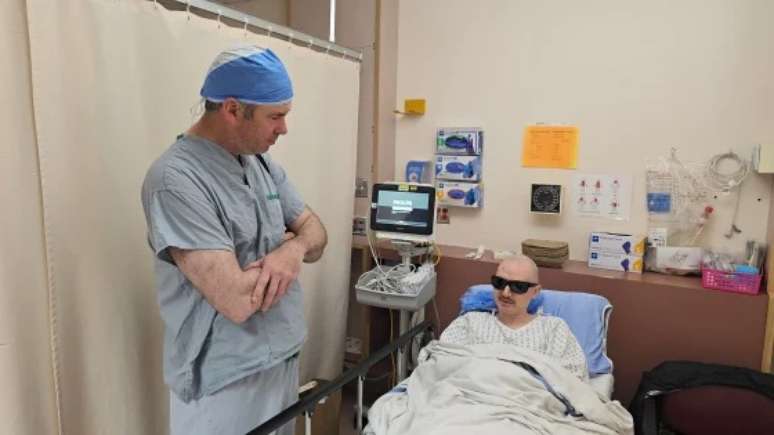According to a study, the physical touch can bring a series of benefits to humans, including relief of depressive and anxious symptoms
A study published in the magazine Nature human behavior He revealed simple but powerful data: the touch can be an effective ally in the fight against depression and anxiety. The research analyzed 212 previous studies, including 85 investigations for adults and 52 with infants, and concluded that physical contact offers significant benefits to mental and physical health, both in healthy people and in patients with illness.
Benefits for the body and mind
Scientists have observed that tactile interventions reduce the symptoms of depression and anxiety and improve physical health. In children, touch can even contribute to weight gain. Human contact was what presented the most intense effects, but even interactions with objects, such as heavy covers and robots, showed positive results.
How touch influences mental health
According to the study, the frequency of the touch is a decisive factor: the more constant the interaction, the greater the benefits. Although the type of touch has not been crucial, the contact of the head has shown more significant results than other parts of the body. The researchers underline that, regardless of form, the touch is particularly useful in the times of psychological suffering.
Other practices that help to relieve depression and anxiety
In addition to touch, some habits can improve mental well -being:
- Physical activity: Walks, Race and Yoga Release endorphins, neurotransmitters related to the sense of pleasure;
- Balanced food: Quality nutrients help adjust the mood and keep the brain healthy;
- Quality sleep: Create a suitable sleep environment and avoid stimulants before the hour to bed favors deep rest.
Attention to the initial signs
It is important to note that for effective treatment, it is essential to seek professional help. Be aware of possible depressive signs and symptoms and, if you recognize them, looks for a specialist for adequate diagnosis and care:
- Loss of interest for previously pleasant activities;
- Changes in sleep and appetite;
- Constant fatigue, pain without explanation and muscle tension.
Source: Terra
Ben Stock is a lifestyle journalist and author at Gossipify. He writes about topics such as health, wellness, travel, food and home decor. He provides practical advice and inspiration to improve well-being, keeps readers up to date with latest lifestyle news and trends, known for his engaging writing style, in-depth analysis and unique perspectives.





![Everything starts here in advance: Will Anuki Against Lewis? … What are you waiting for from the week from 15 to 1925, 2025 [SPOILERS] Everything starts here in advance: Will Anuki Against Lewis? … What are you waiting for from the week from 15 to 1925, 2025 [SPOILERS]](https://fr.web.img6.acsta.net/img/90/97/90979b476f7799498897d072368e56a6.jpg)


